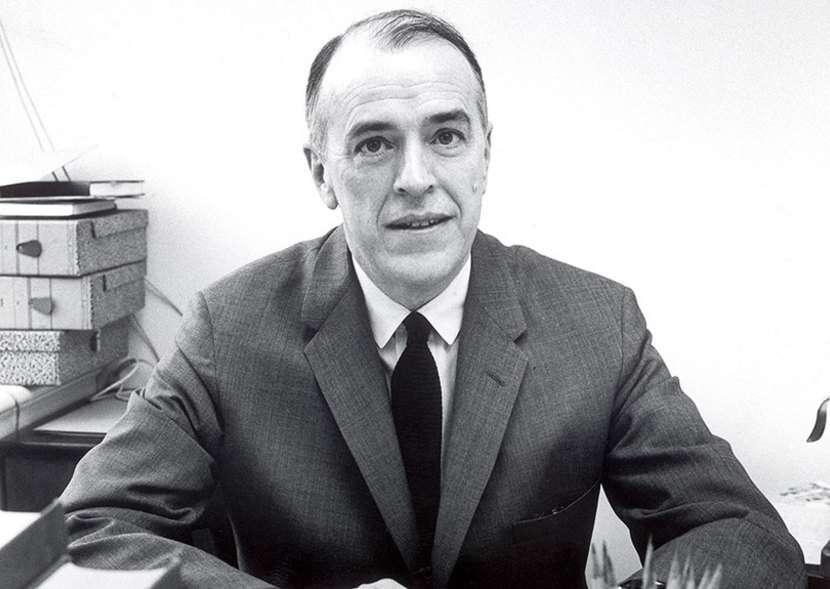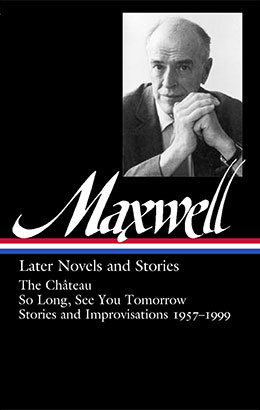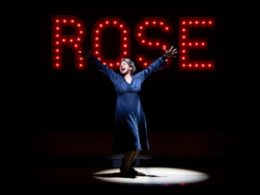
If you believe in LOA’s mission and would like to support our activities in a substantial way, nothing is more helpful than endowing a volume in the series to keep it permanently in print. Your gift will have prominent recognition in the book, and as a Guardian of American Letters you will make a lasting contribution to American culture.
In honor of its author’s birth 115 years ago this August, our newest featured candidate for adoption is William Maxwell: Later Novels and Stories, edited by Wall Street Journal Books Editor Christopher Carduff. Fiction editor at The New Yorker for four decades, Maxwell collaborated with such paragons of twentieth-century literature as Vladimir Nabokov, John Cheever, John Updike, and Eudora Welty, who wrote of him: “For fiction writers, he was the headquarters.”
Alongside Maxwell’s achievement marshaling the genius of other artists, he was, in his own right, a fiction writer of the highest order. Gathering two enduring American masterworks—The Château (1961) and the haunting So Long, See You Tomorrow (1980)—with an extensive selection of shorter prose, portraits, and lighthearted “improvisations,” Later Novels and Stories documents one of the wisest, most sensitive and elegant voices in American letters.
Citing his influence on LOA’s website, acclaimed contemporary writer Ling Ma wrote of So Long, See You Tomorrow:
We are all haunted by our pasts, and we circle around them, trying to figure out what happened—but ultimately, we are constrained by the limitations of memory. In this book, Maxwell breaks beyond these limitations. He utilizes fiction to inhabit the past more deeply. And I wonder if this isn’t what all fiction writers are doing, in some sense—attempting to re-inhabit our experiences more fully, even as those experiences warp and become something else in the fictionalizing. That Maxwell does this in such a direct, transparent way raises the hairs on the back of my neck. He’s giving away the trade and it doesn’t even matter.
Author Charles Baxter was even more effusive, calling the novel “an unobtrusively perfect example of literary art.”
Now is your chance to make a mark on American literary history. A fully tax-deductible contribution of $75,000 to the Guardians of American Letters Fund will help to keep this essential volume in print and available to future generations of readers—an enduring testimony to Maxwell’s brilliance and to your generous gift. Guardians and individuals they designate are recognized on a special acknowledgment page in the front of the volume of their choice, and this acknowledgment will appear in every future printing of the book.
Learn more about becoming a Guardian of American Letters.
• Donors to the Guardians of American Letters Fund
• Complete list of titles available for adoption




